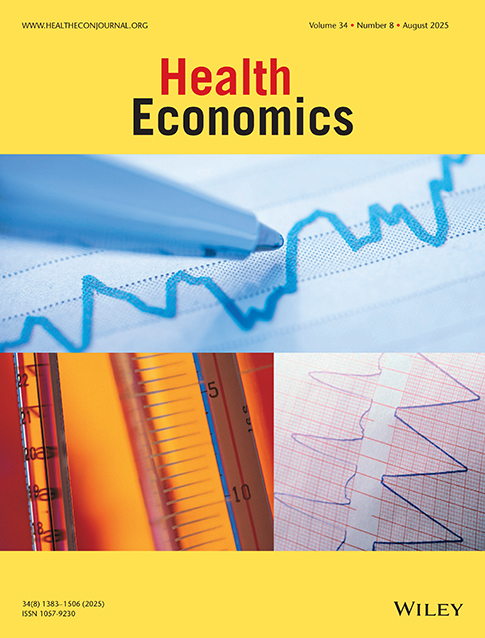Priority care for employees: A blessing in disguise?
Abstract
This paper discusses the efficiency and equity effects of priority care for employees. Recent privatization of workers’ compensation insurance in the Netherlands caused an increasing tension between public responsibility for health care cost-containment and private responsibility for sick pay. As a result of strict supply side regulation, waiting lists increased, while at the same time employers became fully responsible for sick pay. To reduce sick pay and production losses, employers are prepared to pay for priority care by using available excess capacity. We argue that the criteria of Pareto and Rawls can provide a rationale for the resulting differential treatment of employees and non-employees. However, such a justification crucially depends on weights society assigns to absolute versus relative improvements in access to health care.Copyright © 1999 John Wiley & Sons, Ltd.




